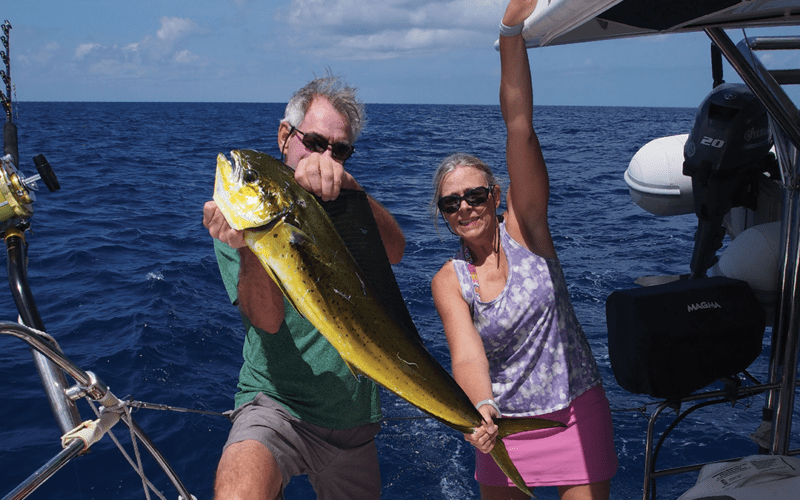Stephen and Dawn Bell enjoy the cruising life aboard their Leopard 48 Catamaran Pilar, having cruised down the East Coast and into the Windward Islands of the Caribbean. The Bells emphasize the critical importance of always putting safety first while planning and undertaking ocean voyages. They prioritize safety not only in their manner of coastal and offshore sailing, but also in the emergency gear they select for use in a crisis. Both Stephen and Dawn have received some formal medical training, so when someone gets hurt, they can dress wounds, splint broken bones, administer appropriate medications and make contact with…

A few years back in the Pacific Northwest, a very well-regarded rigging shop put the finishing touches on a brand-new rig for a boat we were commissioning. The lead rigger installed bronze cotter pins instead of stainless ones, as the bronze pins would supposedly make the fine-tuning process easier because they could be removed by bare hands—no tools required. After tuning the rig on the hard, we went back into the water and began the dynamic tuning of the lowers under sail with the lead rigger aboard. The wind blew only 10 knots that day, and we needed more wind to…
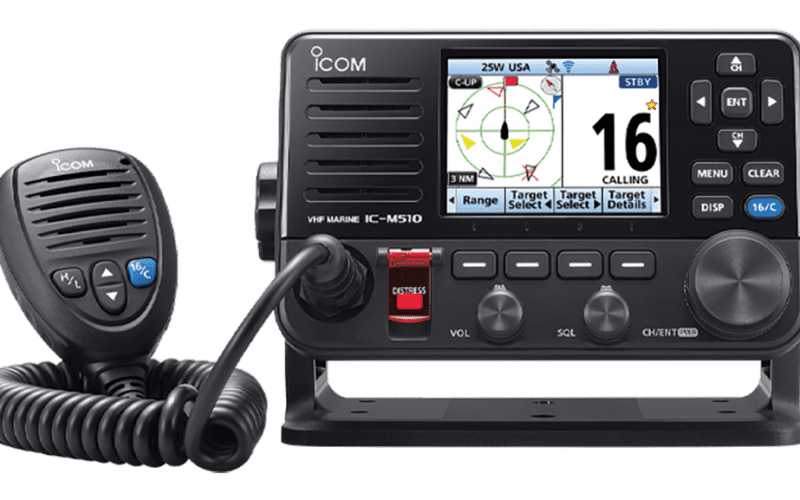
In the realm of modern maritime navigation and safety, two primary technologies stand out to me due to their significance: AIS (Automatic Identification System) and radar, derived from Radio Detection and Ranging. These systems play a critical role in providing essential information for vessels, assisting in collision avoidance, navigation and overall situational awareness. Although both AIS and radar share common objectives, they exhibit distinct differences in functionality, coverage and applications. When contemplating how to approach this article, I found myself reflecting on my initial encounter with radar interpretation aboard a schooner in the Caribbean. Our charters were scattered, necessitating frequent…
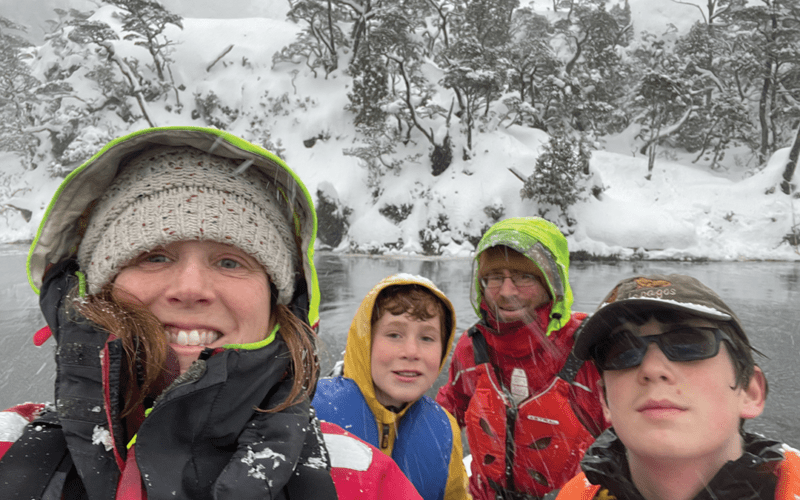
Jon and Megan Schwartz, along with their sons, Ronan, 16, and Daxton, 14, have been cruising full time aboard their Boreal 47, Zephyros, an aluminum expedition monohull, since 2017. Since picking up the boat at the factory in northern France, they have sailed 40,000 NM together. Driven by a desire to explore the world and experience its disappearing wilds, they have often pursued places less traveled. They started in northern France, the UK, Atlantic Spain and Portugal before heading into the Mediterranean for a season. The Paxtons then crossed the Atlantic Ocean from late 2018 to early 2019. They were…

Life at sea is lived 24 hours a day, whether you are a cruising single-hander or a navy destroyer sailor. By this I mean there’s no period in which humans can ignore input from the outside world and just sleep. How do we balance the fundamental need for sleep with the requirement to be vigilant, and what are the consequences of being unbalanced? There’s surprisingly little research on those who live and work at sea, but studies of the effects of sleep deprivation by sleep labs on land are useful. In an effort to find balance, vessels set up watch…

Doug Baker Celebrated Long Beach yachtsman and offshore racing sailor Doug Baker died of cancer at his Naples home Nov. 22, 2023, at the age of 85. Born Nov. 11, 1938, in Long Beach, Douglas Warren Baker graduated from Poly High and went to work for the family business, Banker Tanks Rentals. Baker launched his competitive sailing career with a Hobie 15 and gradually progressed through the ranks to his most recent boat, the Kernan 68, built in 2005 and named Peligroso, Spanish for “dangerous.” Well before taking ownership of Peligroso, Baker had raced in 21 Transpac races and several…
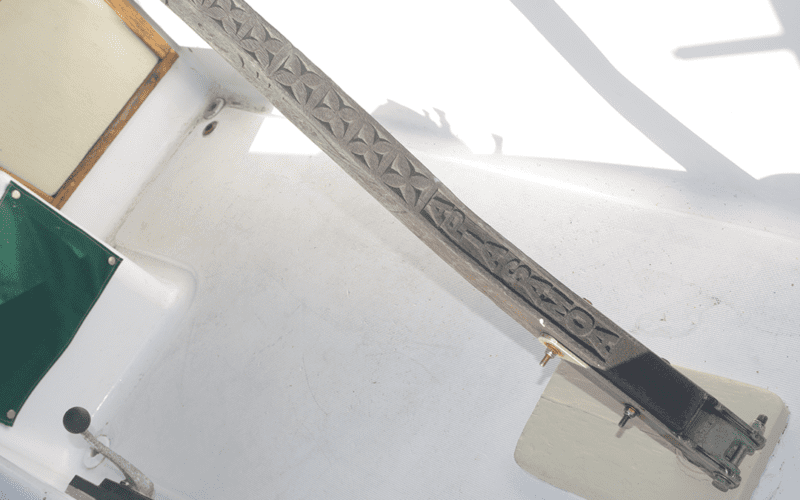
Having weighed anchor in Pago Pago Harbor bright and early after 10 months of teaching high school English and waiting for the end of cyclone season, I, along with my wife Marilu, waved goodbye to a handful of fellow yachties standing on their decks wishing us well. “Tea for the Tillerman,” my favorite Cat Stevens album, was playing on a portable cassette stereo out on deck while I gripped the laminated ash tiller, wending around boats in the anchorage. “Hey, Babe, could you pour me another cup of tea?” Marilu stepped down into the galley to grab the teapot. I…
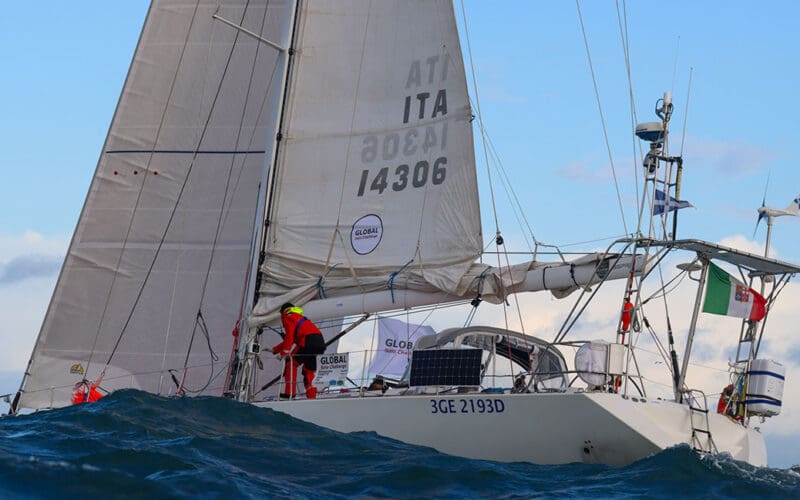
You can’t race a sailboat around the world in a single-handed event like the Global Solo Challenge without self-steering. Before windvanes, most boat designs could balance rudder and sails so with the helm lashed the boat would keep her course. The 1968-1969 Golden Globe Race, the first ever non-stop, single-handed, round-the-world yacht race, came after effective windvane self-steering was developed for yachts. In a retro race like today’s Golden Globe that requires windvane steering, sailors can keep a desired course well enough to still be competitive, but otherwise modern solo racers depend on electric autopilots. Today’s versions are far more sophisticated than the…
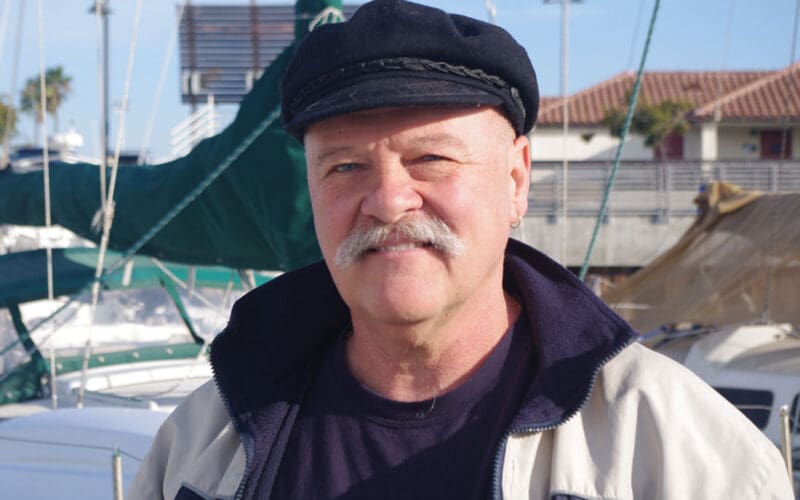
Even after a thrilling trick at the wheel, wending through the waves and keeping the sails drawing, it’s still a cheerful sight to see one of your crewmates climb into the cockpit, shake away the last bit of off-watch slumber and prepare to take your place. You tell them the course to steer, give a quick briefing on the changes in the wind, how the sails are set, what vessels or land may be nearby and then it’s time to turn over the helm. He or she takes responsibility for the vessel and your watch has ended. Something like that…
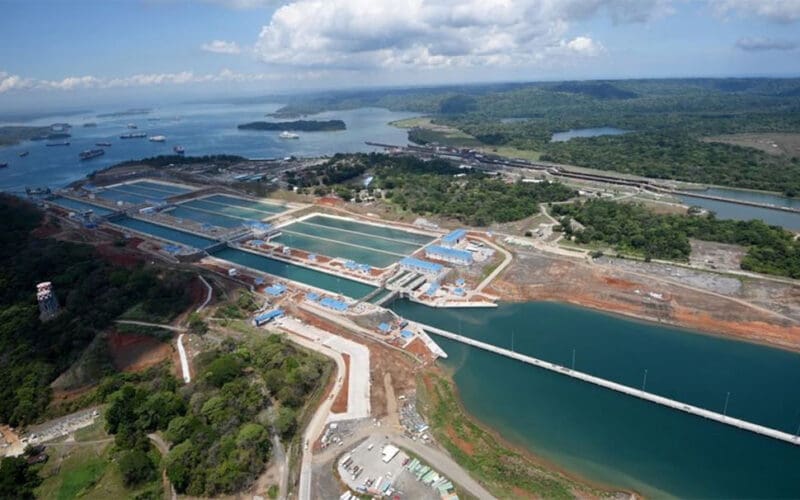
In response to last year’s severe drought, the Panama Canal Authority (ACP) reduced the number of ships allowed to transit daily from a normal 36 to 22. According to Noonsite, the ACP also announced that only one of those would be an unbooked transit. Numbers are up slightly for January but as all vessels under 125 LOA go unbooked (i.e. can’t reserve a specific transit) this will cause extensive delays for transiting sailboats and power yachts during the high season. In addition, special lockages that allow rally groups to go through without a merchant vessel have stopped, and the boats…

